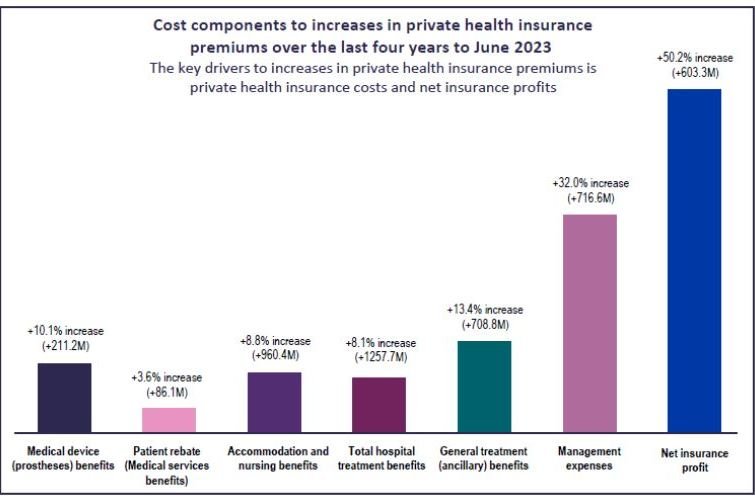Families play a vital role in supporting the wellbeing of veterans and emergency service first responders, with a new guide being launched today to aid them in providing the most suitable assistance.
The guide – “Supporting your veteran or emergency services first responder in help-seeking for mental health concerns: a guide for families” – is underpinned by research led by Professor Sharon Lawn from Flinders University’s College of Medicine and Public Health.

The research team conducted interviews with 25 individuals and asked them about the experience of supporting their veteran or first responder family member in seeking mental health support.
“We know from previous research that across all types of veterans, and similarly with first responders, families are often those most likely to suggest to them that they seek assistance for their mental health,” says Professor Lawn.
“The new research was designed to uncover more detail about this help-seeking experience and how it impacted not only the veteran or first responder, but the family members themselves.”
Most participants interviewed described a long journey of help seeking that began with first recognising the need to access support, working with their family member in deciding to seek help and then actively navigating the health system alongside them.
However, issues did not end once support was sought, with family members describing challenges around their involvement with the support process itself, including being left out of decision making and not being identified as vital partners in their family member’s care and ongoing support network.
Six key themes emerged, which now form the chapters of the support guide:
- The job is different from others
Families are required to provide a level of emotional support different to other occupations because of the life- threatening nature of these jobs
- Making a change first involved recognising that something was wrong
People were able to more easily identify changes in their family members as they knew it was out of the ordinary
- The tipping point – Deciding that something needed to be done
Making the decision that professional help was needed was not quick or linear for many participants
- Barriers to help-seeking – Trust in the help-seeking process
Decisions about the type of support and how to access help were equally complex
- Family support is critical
Many family members were critical of the lack of support from the organisations involved and felt they were excluded from the process
- What families need from organisations
Families would like to be recognised as part of the support team for first responders and veterans, and for organisations to acknowledge and address workplace-related trauma, including return-to-work policy and processes.
Associate Professor Ben Wadham, Director of the Open Door: Veteran Transition, Integration, Wellbeing research initiative in Flinders University’s College of Education, Psychology, and Social Work said the guide was long overdue.

“We cannot underestimate the role family plays in supporting our veterans and emergency service personal, but up until now there was very little best-practice information available to help families understand how they could help and what exactly to do,” says Associate Professor Ben Wadham.
“Importantly, the guide also includes information about how the family members can support themselves, as we know the trauma experienced by veterans and first responders can be transferred vicariously to family members during this support process but that is often overlooked.”
The guide is being launched today and is supported by Flinders University, Military and Emergency Services Health Australia (a charity of The Hospital Research Foundation), the Australian Institute of Family Studies, the University of Western Australia and the University of Adelaide.
The guide is available from the MESHA website here.








